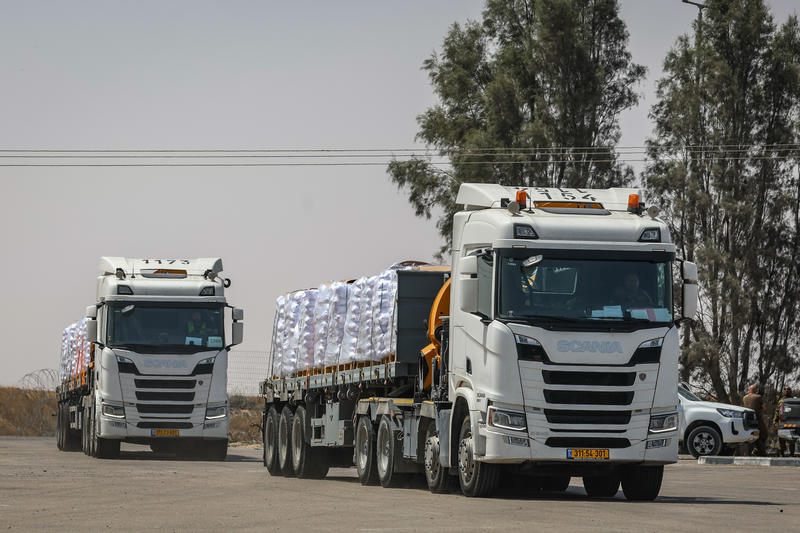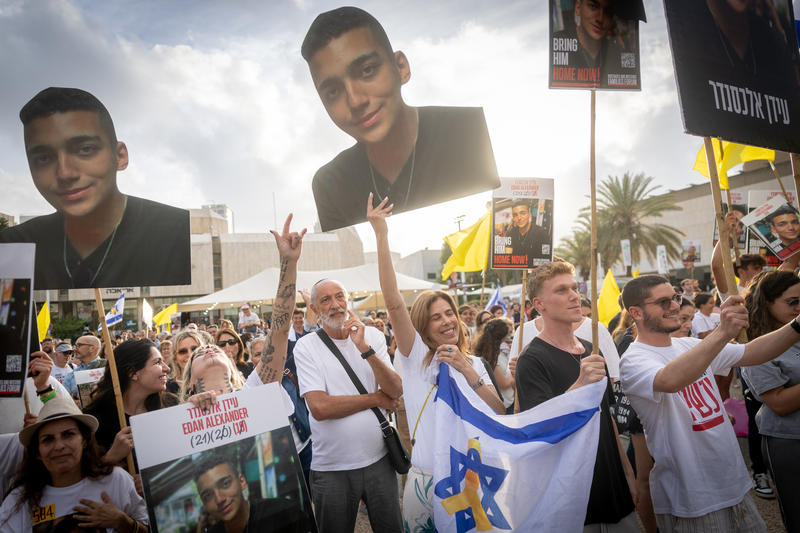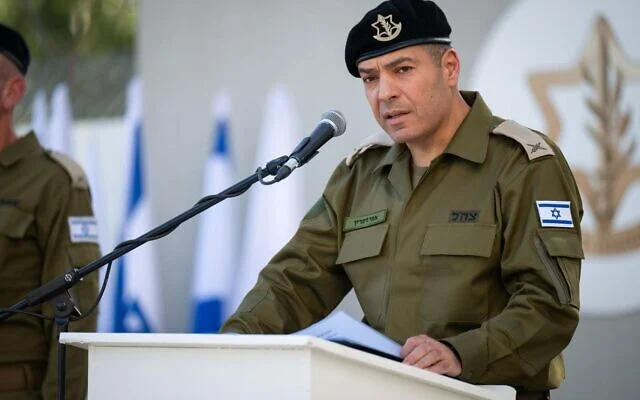What’s happened: Prime Minister Netanyahu has responded to a joint statement from the UK, France, and Canada condemning Israeli conduct in the West Bank and Gaza Strip which also threatened sanctions in the event of settlement growth.
- In a statement released last night, Netanyahu said “By asking Israel to end a defensive war for our survival before Hamas terrorists on our border are destroyed and by demanding a Palestinian state, the leaders in London, Ottawa and Paris are offering a huge prize for the genocidal attack on Israel on October 7 while inviting more such atrocities.”
- Netanyahu also reiterated that “Israel accepts President Trump’s vision and urges all European leaders to do the same”, and that in the event of Hamas releasing the remaining hostages, its leaders being exiled, and Gaza demilitarising, the war could “end tomorrow.”
- The joint British, French, and Canadian statement opened by condemning Israel’s expansion of operations in the Gaza Strip, branded the recently announced aid provision expansion as “wholly inadequate”, and threatened “further concrete actions in response” unless Israel ceased its military options and lifted restrictions on Humanitarian Aid.
- West Bank settlement expansion was specifically highlighted as another area of concern, which the statement said “undermined…the security of both Israelis and Palestinians” while threatening “targeted sanctions.”
- The statement also condemned Hamas’s October 7 attacks against Israel while branding its response as “wholly disproportionate” and “egregious”, reiterating support for an immediate ceasefire and eventual implementation of a two-state solution, and a commitment to “work with the Palestinian Authority, regional partners, Israel and the United States to finalise consensus on arrangements for Gaza’s future, building on the Arab plan.”
Context: The UK, France, and Canada’s statement almost immediately followed Israel increasing its aid provision based on the US-led plan.
- Yesterday, the first aid entered the Gaza Strip in eleven weeks, amounting to a total of five UN food lorries. This follows Prime Minister Netanyahu agreeing to allow a “minimal” amount of food into the coastal enclave to prevent famine.
- While the UN’s humanitarian chief, Tom Fletcher, welcomed this development, he also described it as a “drop in the ocean” and said that “significantly more aid must be allowed into Gaza, starting tomorrow morning”.
- Israel emphasises that it monitors the level of essential goods in Gaza daily via COGAT and that aid is to supplied based on actual need.
- Previously, during a 42-day ceasefire starting in January, Israel facilitated 25,000 aid trucks into Gaza — creating a surplus of food and goods.
- There is renewed concern in Israel that while the aid delivery mechanism remains unchanged the trucks will be susceptible to being taken over by Hamas.
- Concurrently, Israeli negotiators were also instructed to remain in Doha despite the apparent lack of a breakthrough which could lead to a ceasefire and the release of the remaining 58 hostages, held in brutal captivity now for 592 days.
- Adam Boehler, the US special envoy for hostage response, also said that “we’re closer than we ever were” to reaching an agreement without providing further details.
- Some in Israel have criticised the government’s current policy. In Yediot Ahronot, Nadav Eyal writes that “Had the government presented a realistic plan for Gaza’s future, and had it genuinely engaged in dialogue with Canada, France, Britain…. Israel might have been able to exert the necessary pressure on Hamas.” He adds that such pressure “without doubt, is very justified. For real security to prevail, Hamas has to truly give up power and disarm, to make way for an alternative administration. But for Israel to have a functioning society that is able to fight, we have to recover our hostages from the burning agonies of the fire in Gaza.”
- The IDF is continuing its operations across the Gaza Strip as part of Operation Gideon’s Chariots, striking over 160 targets and dismantling a tunnel previously used to attack Israeli troops in the southern Gaza Strip.
- There are also unconfirmed reports that an undercover Israeli special forces unit infiltrated Khan Yunis and eliminated Ahmad Sarhan, a senior member of the Popular Resistance Committees. The PRC is a small but aggressive group which is best known for abducting Gilad Shalit in 2006. The Israeli government has not commented on this story, but the PRC have announced Sarhan’s death, referring to him as a “special operations officer.”
- The IDF has also confirmed that it conducted an air strike in Lebanon yesterday, targeting and killing a member of Hezbollah’s special operations Radwan Force in the Houla area.
Looking ahead: It is expected that US and Israel supported aid distribution hubs operated by US security contractors will open in the southern Gaza Strip next week. This will be a new mechanism, aimed at delivering aid more efficiently to the civilian population and circumventing Hamas. However, the UN and other agencies have indicated they will not co-operate with these plans, arguing they contradict fundamental humanitarian principles of impartiality, independence, and neutrality.
- The Houthis have claimed that they will now enforce a naval blockade on the northern Israeli port city of Haifa, and that ships heading there would be targeted.
- The UN has also set a date for a French and Saudi sponsored conference on the two state solution which is due to take place from June 17 to 20 at the UN headquarters in New York. Its intentions is to set the conditions for more states to formally recognise Palestine.









